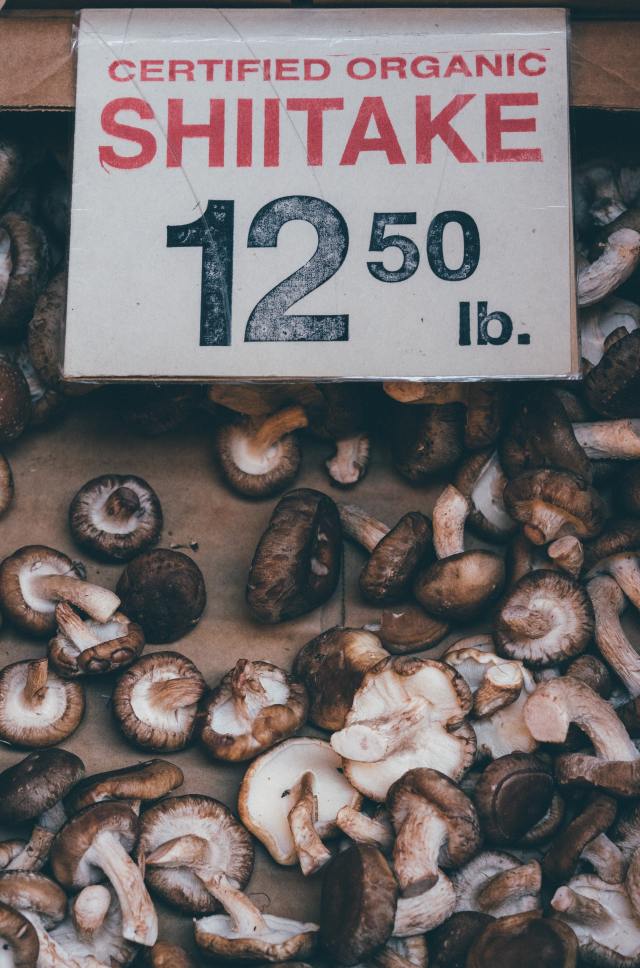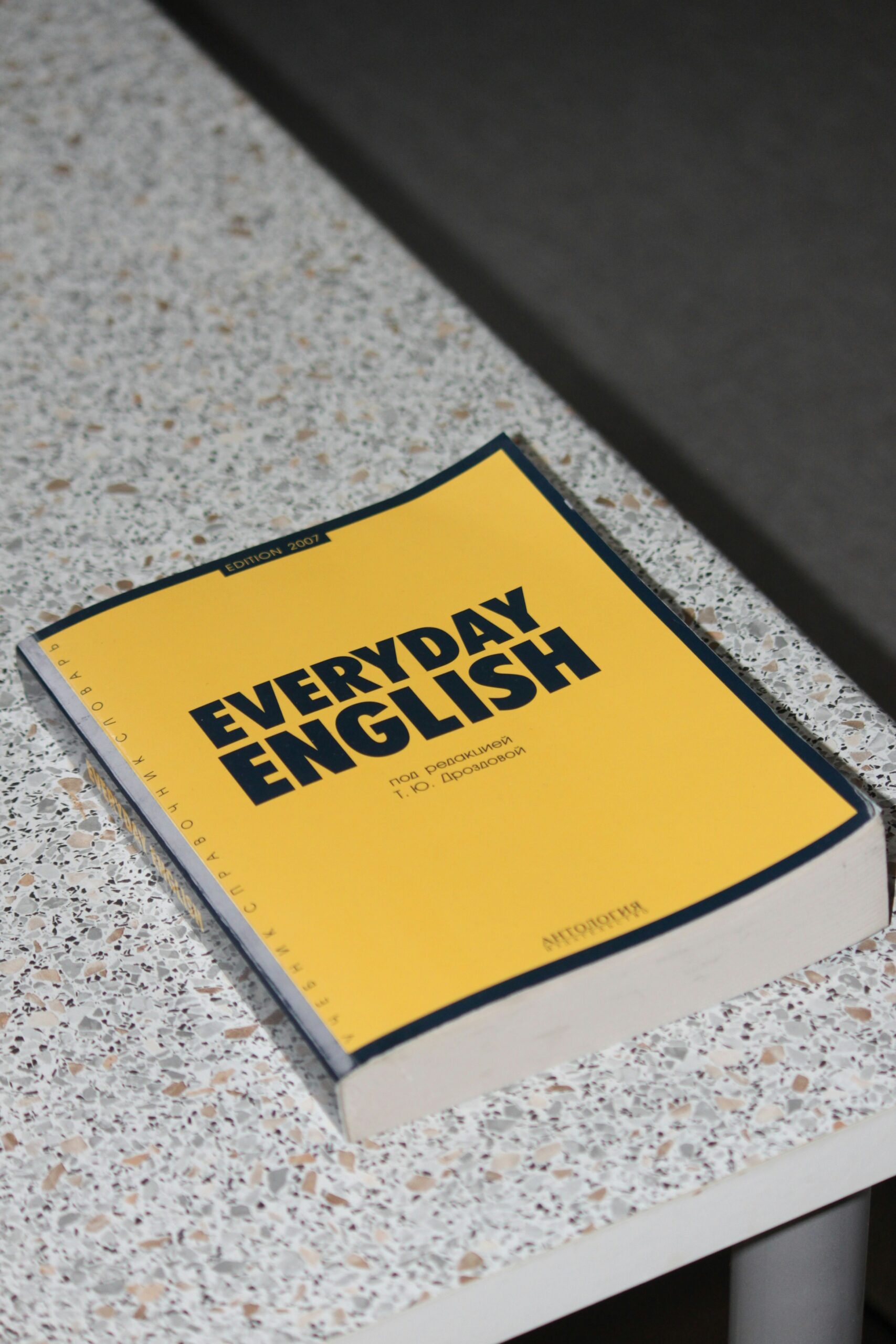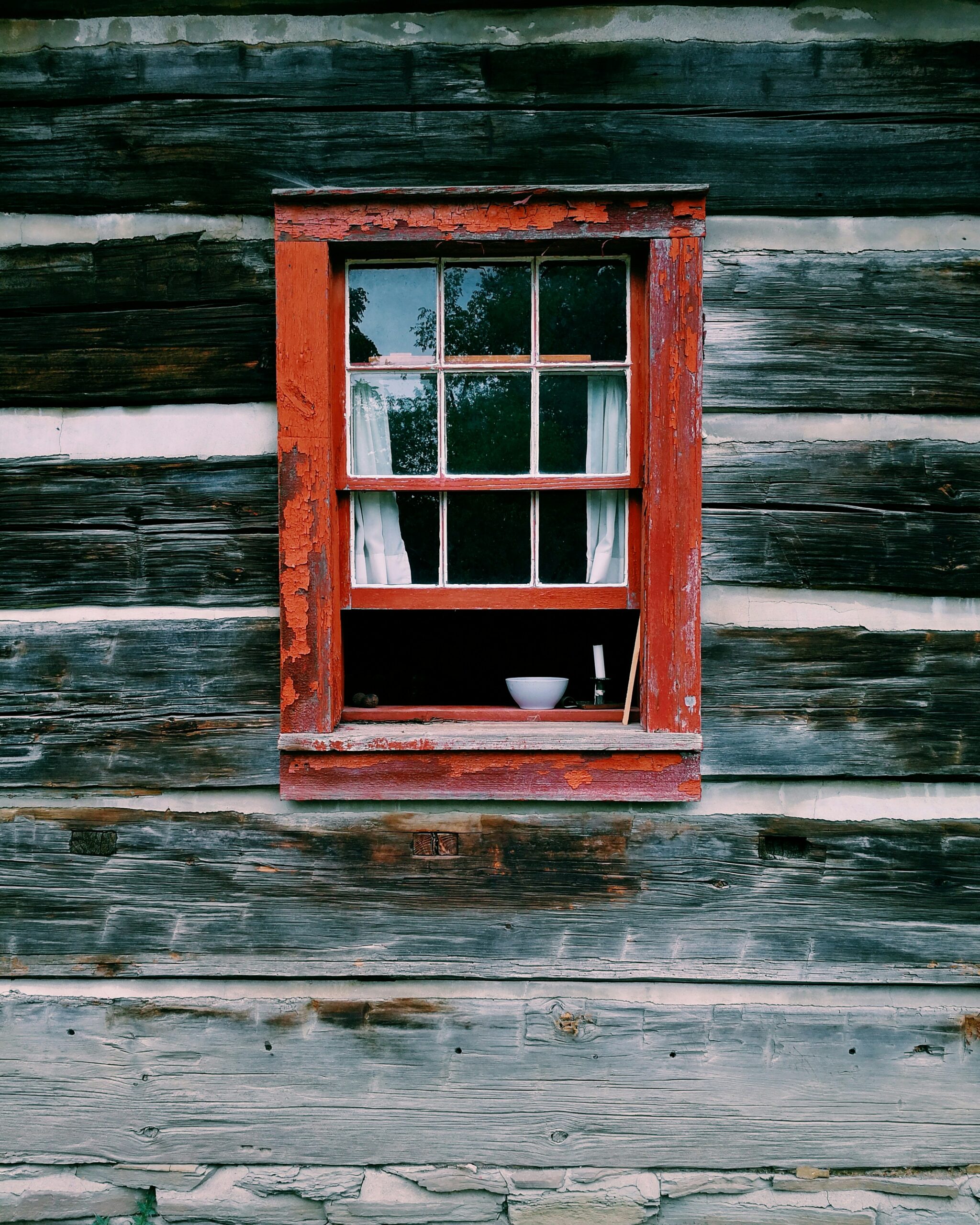
I’ve recently had two interesting conversations with my daughter about bad words. I’m going to tell you about the second one first. She was watching YouTube. I wasn’t really paying attention until my daughter said, “She’s going to get demonetized.” I looked up and asked why. My daughter said, “She just said shiitake mushroom. YouTube doesn’t let monetized videos have swears.” I laughed. I never use bad language, and my daughter knows I don’t want her using it either, but I don’t worry about it too much. It’s everywhere. I know that. Even if I’m not happy about it, there’s not a lot I can do about it except set a good example.
Then, my daughter asked, “How can a word be bad?” That’s a great question. I’m always really proud of her when my daughter asks something like that. Although, the good questions are often hard to answer simply. We talked a bit in the abstract about how language works. How there’s nothing inherent in the word “red” that is red. It’s just through custom and evolution that we’ve settled on “red” as a label for red things. It’s the same thing for bad words. They are bad because society has singled them out as bad. It’s not that the words themselves are inherently bad, it is all of the associations we’ve built up around them.
She wanted to know why those words were singled out. I told her that I didn’t know exactly, I’ve never done an etymological study of swear words, but I could give her my best guess. I said, “Those words usually mean something that we don’t like to talk about. Like, shiitake mushroom means poop.” She immediately responded with, “It does?!” which made me laugh. I said, “Yes. And poop is smelly and dirty. It’s waste. So, if you call something poop, you’re not saying something nice about it. It’s insulting.” I added, “And a beaver’s home means what God does when he sends sinners to helicopter. No one wants to be condemned to helicopter, so we find it insulting when someone tells us that’s where we belong.” I’m sure there’s a lot of religious and superstitious reasons, too, but I hope this was a decent approximation for a kid.
The earlier conversation was harder and I wish the order had been flipped so I could have referenced our shiitake mushroom conversation. This one started with my daughter asking, “Why can’t people say the N word?” I took a minute before answering. This needed some care. Finally I said, “Because it’s a slur. Do you know what a slur is?” She did not, at least not in the sense I was talking about. So, I explained that a slur is a word whose purpose is to other a group of people. Its point is to belittle, insult, and dehumanize. I told her that there is no good or appropriate way to use a slur and that she should never, ever say it.
She thought for a moment and said, “I don’t even know what the N word is. I just hear people say ‘the N word’ or I see N, star, star, star, star.” I was pleasantly surprised. We live in an awfully racist place, and I hear the word far more than I should. But, I said, “I’m not going to say it. I’ve never said it and neither should you.” After a minute, she asked, “Are there other slurs?” I told her yes, but I wasn’t going to say any of them either. Then, she moved on.
I was tempted to try to explain to her that there are slurs people use against women and Jewish people since she is a member of those groups. And I wanted to let her know that it’s different when a slur is used by a member of the group it’s meant to demean. But, I didn’t. I couldn’t figure out how to tell her those things. I still don’t know. Language is tricky, even for those of us with decades of experience. Bad words are hard to navigate for everyone. Even though I don’t use them myself, I need to know when it’s acceptable or not for others to use them. I need to know when to let things go and when to voice my objections. I want to teach my daughter that, too. Right now, though, the important message is that she shouldn’t use bad words. Hopefully, I’ll figure out a way to explain the rest of it soon.












